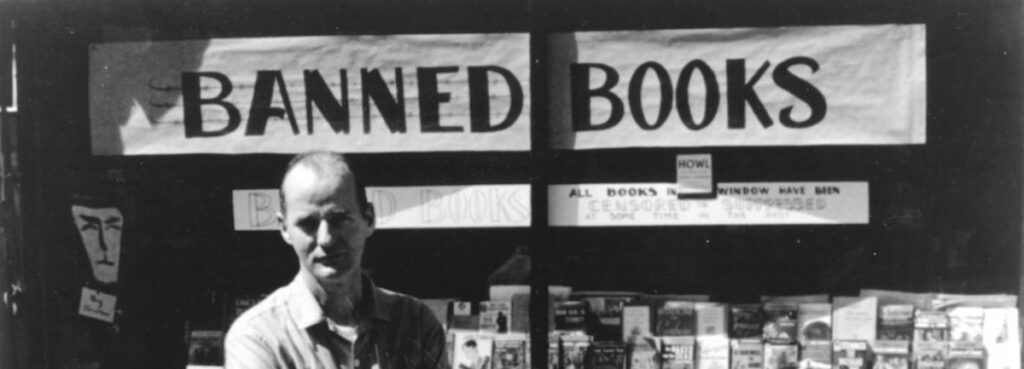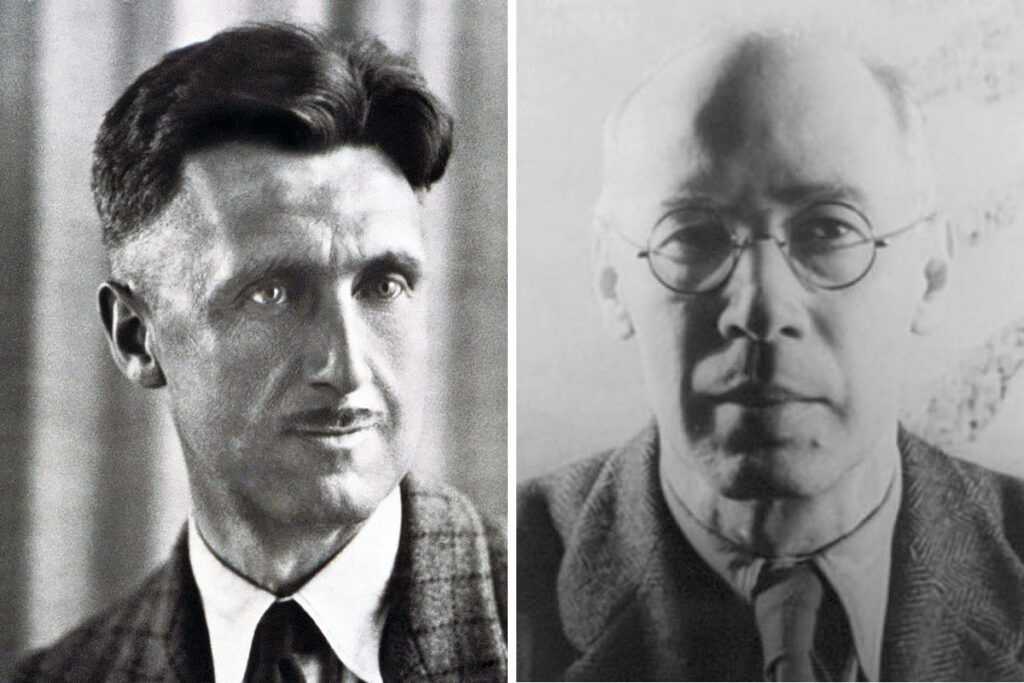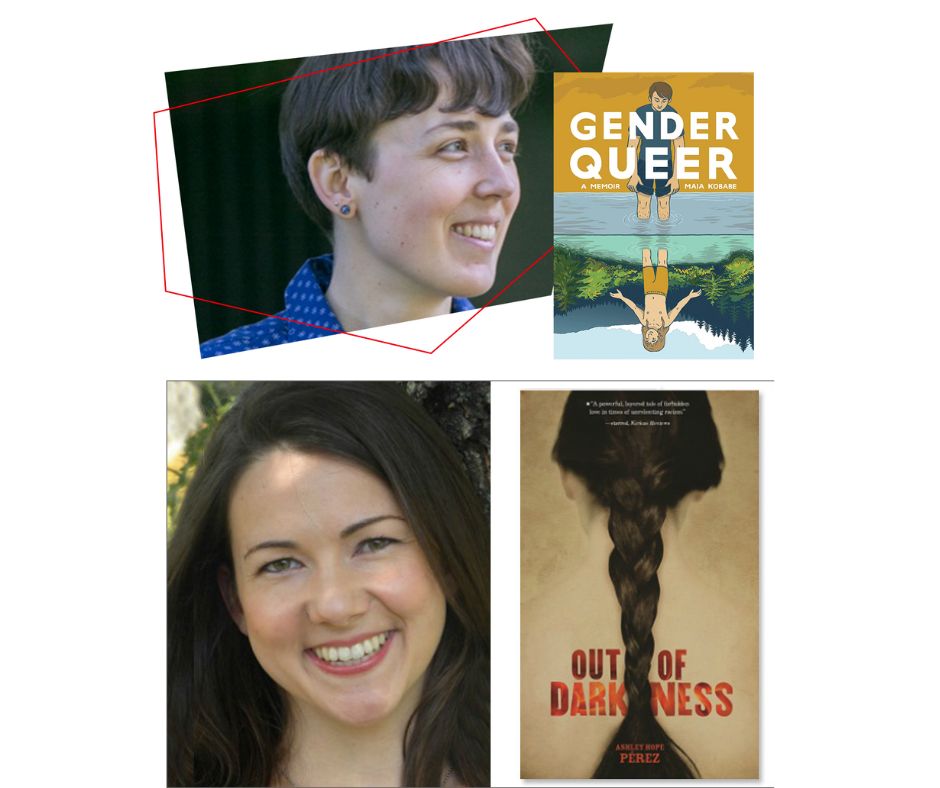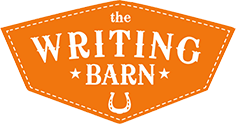
By WB Intern Michael Ventura
About the Ban
In the literary world, authors find themselves in a constant battle between freedom of expression and attempts at censorship or suppression, as they come up against the societies they live in. Unfortunately, or fortunately, some books and their authors have endured this fate. I want to dive into the enduring legacy of book bans with you here by highlighting some of the influential authors I’ve personally enjoyed, such as Henry Miller and George Orwell, who faced censorship. Additionally, we’ll discuss the unexpected banning of books, even texts considered venerated by most like the Bible, just to demonstrate how something seemingly innocuous can become a victim of censorship and banning.
Books typically get banned due to social taboos, political ideologies, and religious beliefs. These bans usually target controversial content, such as explicit sexual themes, offensive language, or ideas perceived as subversive. However, regardless of intent, bans not only present a slippery moral dilemma in deciding what is deemed appropriate in art and personal expression, they insult our individual autonomy, and ability to discern for ourselves.

Miller’s novel “Tropic of Cancer” challenged societal norms with explicit sexual content and an unconventional narrative style. Furthermore, Miller himself was controversial, with personal thoughts, feelings, and behaviors that many would consider objectionable. Due to this, his book faced a thirty-year ban in the United States. Similarly, Orwell’s “Nineteen Eighty-Four,” which critically examined totalitarianism and surveillance, became a prime target for censorship due to its provocative nature. Both Miller and Orwell dared to push boundaries and offered profound insights into the
human condition through their unique perspectives.
The Bans Slippery Nature
Even religious texts like the Bible have encountered banning and censorship throughout history. Despite widespread reverence, different interpretations and the influence of political and cultural factors have led to attempts to restrict access to this sacred text. This serves as a tragically beautiful reminder that even books deemed sacred by some can be subjected to suppression. Furthermore, works that are not explicitly sexual but explore controversial ideas or challenge dominant narratives can also face bans, showing how pervasive the nature of censorship really is.

How The Writing Barn Supports Banned Books
In a similar vein, books we have supported at The Writing Barn, such as Maia Kobabe’s “Gender Queer” and Ashley Hope Pérez’s “Out of the Darkness,” have also faced attempts at censorship. Their books tackle sensitive themes and provide personal explorations of gender identity, drug abuse, and suicide—topics that are extremely prevalent in today’s society. By sharing their experiences and perspectives, Kobabe and Pérez contribute to a broader understanding of the realities and struggles of diverse individuals.
Though the reasons for banning these books are different, there’s a common thread connecting them. This common thread lies in the fact that these authors, whether through their controversial personal lives or the themes they explore, challenge societal norms and have offered us profound insights into the human condition through their eyes and experience. By attempting to ban their books, society
risks stifling important conversations, limiting access to diverse viewpoints, and hindering intellectual growth.
About the Author
Michael Ventura is a junior at St. Edward’s University, majoring in Writing and Rhetoric. He was born and raised in New York, but since leaving, he has lived in South Korea, Tennessee, Chicago, and Austin. Some of his favorite genres are memoirs, philosophical fiction, and poetry. He enjoys writing personal essays, poetry, and short stories. Outside of writing, he spends most of his time working, praying, meditating, traveling, relaxing by himself in nature, participating in ceremonies, and reading.

